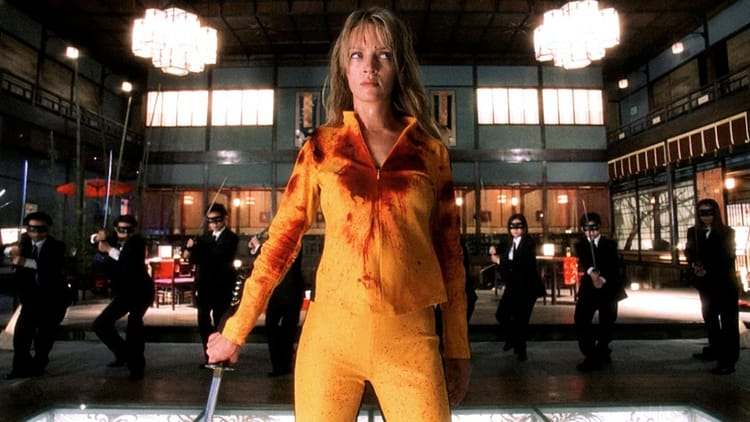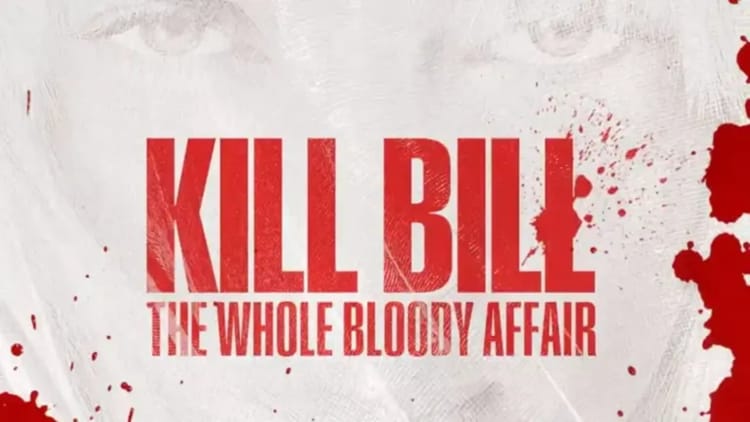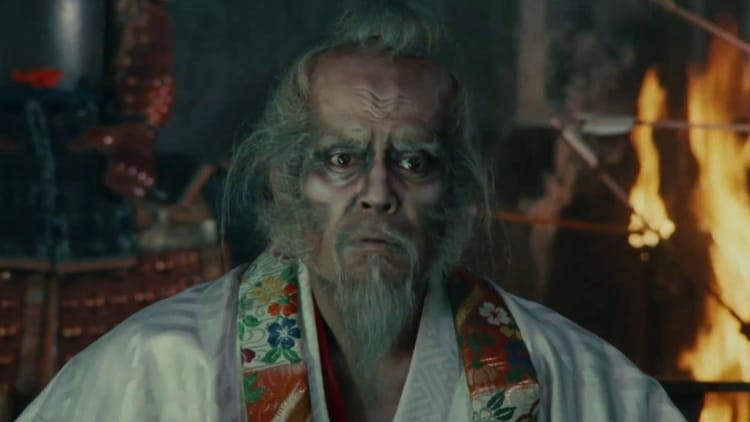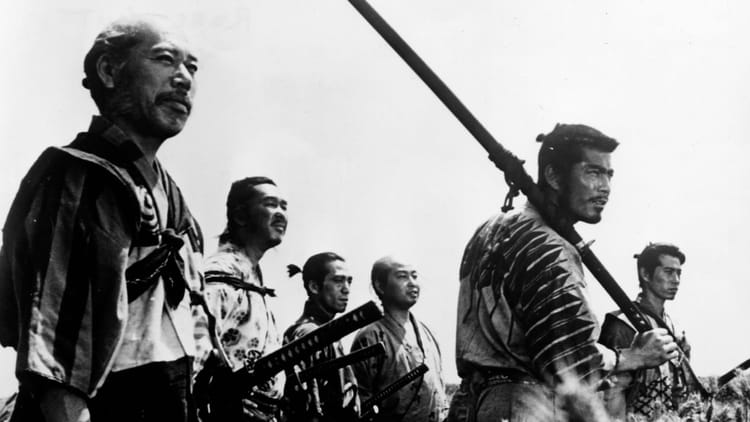Vendetta of a Samurai
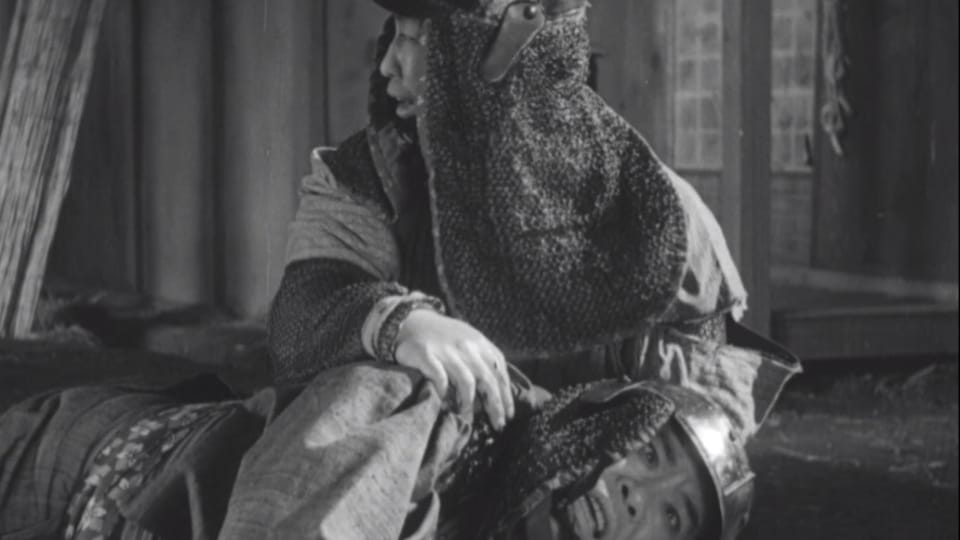
Vendetta of a Samurai isn’t just your average samurai flick where the hero slices through a bunch of bad guys like a hot knife through butter. Nope, this one pulls back the curtain on the legendary justice spree of a samurai who supposedly cut down 36 men. Reality check: way fewer actually bit the dust, and their deaths weren’t exactly the stuff of honor and glory. This story throws a curveball at the usual legends, revealing a truth they like to gloss over: fighting is brutal, and most folks don’t have the guts for it.
We’re talking 17th-century Japan, where our main man Araki, played by the iconic Toshiro Mifune, steps up to help his brother-in-law settle a score with Matagoro, played by the slick Minoru Chiaki. Matagoro’s got blood on his hands, having offed a family member, and Araki’s ready to dish out some vengeance. But here’s the kicker: Araki’s best buddy Jinza, played by the legendary Takashi Shimura, is stuck protecting Matagoro. The stage is set for a showdown, with both sides bristling for a fight. Yet, in this whole crew, the only real-deal samurai with skills to back it up are Jinza and Araki.
Araki and his crew hatch a plan to ambush Matagoro at Kaglya Corner. They’re holed up in a lodge nearby, waiting for the right moment. And let me tell you, the waiting game is intense. Each member of Araki’s posse relives the events that led them here through flashbacks, painting a picture of how this whole mess could’ve been avoided if it weren’t for pride and honor pulling the strings.
Akira Kurosawa’s script brilliantly lays bare the futility of throwing your life away for some lofty ideal. Everyone except Jinza and Araki seems to get it — the whole thing’s a fool's errand. The longer they wait, the clearer it becomes. You can see it in their anxious eyes as the fear creeps in. The only ones with a clear head about the situation are Jinza and Araki, facing the inevitable with a mix of dread and resolve.
The honor these two bring to the table is something else. They know the battle’s outcome hinges on who comes out on top between them. Their conversation in the first act is loaded with respect and camaraderie, even as they stand on opposite sides. They know it’s madness, but the alternative is even worse.
We serve the same lord. We’re friends. We both teach. Unexpectedly, we have to fight each other. Being warriors… what a misfortune.
The film’s centerpiece is a 20-minute sequence without dialogue or music, capturing their targets' slow, nerve-wracking approach. The only sounds are hoofbeats, footsteps, and the hustle of peasants trying to stay out of the way. Few films capture the tension and terror before combat with such intensity.
Japanese films of the time shied away from graphic violence, so don’t expect blood and guts. But despite this, Vendetta of a Samurai delivers one of the most realistic battle scenes in Japanese cinema. When the fight erupts, there’s no formal standoff or ceremonial poses — just a brutal ambush. Matagoro hides with his clan, and Mifune’s best friend, Shimura’s character, has to defend him. You’re expecting an epic duel, but Mifune cuts him down before he draws his sword. Fear and exhaustion set in fast, and heroics are nowhere to be found.
Mifune and Shimura are in top form, exuding a sense of impending doom as they face their fate. Shimura’s Jinza is at peace with his role as the defender, while Mifune, learning from his mentor, channels his fiery passion into a restrained, yet powerful performance. Their unspoken bond speaks volumes, their characters’ depth coming through without words.
Kazuo Mori’s direction, coupled with Kurosawa’s storytelling prowess, delves deep into the complexity of human nature, driving home the point that killing is neither easy nor glamorous. Even those with a knack for it feel the weight of this grim reality.
In the ‘60s, many chanbara films turned cynical about the Samurai Code, critiquing the world it created and its role in Japan’s militarization and WWII defeat. Few films dug into the gritty, personal combat like this one. While anti-Samurai films emerged, Vendetta of a Samurai stands out for its raw take on the genre.

